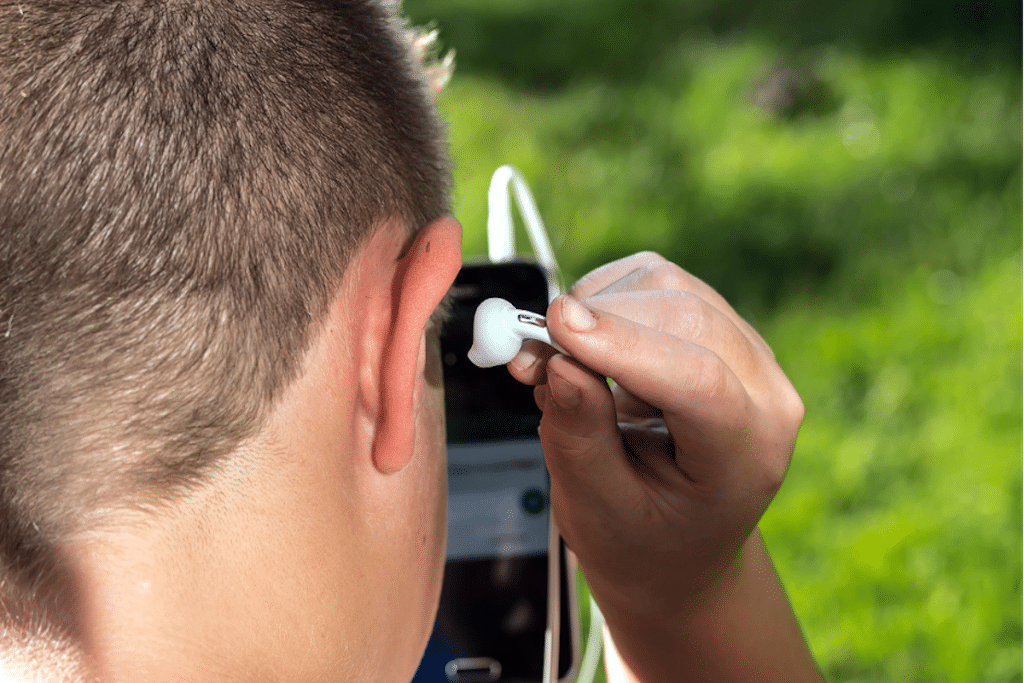Paying attention to the health of your ears and any changes in your hearing is important as you age. If you notice new symptoms or a decline in your hearing clarity, it may be time to have your hearing evaluated by a professional. Below are some tell-tale signs you need to visit a hearing care clinic.
1. You Have Trouble Following Conversations
One of the most common early signs of hearing issues is struggling to follow along and fully engage in conversations, especially in noisy environments. If you continually ask people to repeat themselves or only catch pieces of what’s said, it likely indicates some degree of hearing loss.
2. Tinnitus or Ringing in the Ears
Frequent ringing, buzzing, roaring or hissing noises in one or both ears, known as tinnitus, can signify possible ear damage or underlying health conditions. Ongoing tinnitus warrants further testing from an audiologist.
3. Muffled or Distorted Sounds
If everyday sounds like voices, music or ringing phones suddenly become distorted, muffled, or oddly toned, this points to a need for a hearing evaluation. Fluctuating sound clarity can occur with earwax buildup or infection but can also result from age-related hearing loss.
4. Difficulty Localising Sounds
If you struggle to identify where sounds are coming from, like not hearing someone calling from behind you or having trouble locating a ringing mobile phone or doorbell, it can be due to early hearing loss, typically beginning with high-pitch tones. This failure to accurately locate the source of sounds is known as poor localisation and results from damage to the delicate hair cells in the inner ear that pick up higher frequency noises that help humans pinpoint distance and direction.
In a normal auditory system, each ear communicates important acoustic differences to the brain to enable distinguishing front vs back, left vs right, and even height for the origin of noises. But with emerging high-frequency hearing loss, your ability to utilise binaural cues and interaural differences starts to diminish. You may think someone is calling from your left when they are actually on your right. Or you might search multiple rooms trying to find a ringing phone that is right behind you. Visit hearclearni.co.uk for further information and advice.
5. Avoidance of Social Situations
Withdrawal from conversation, avoiding social gatherings, and increased isolation can happen subconsciously as hearing worsens over time. Auditory processing difficulty and embarrassment over constantly saying “pardon?” often cause people to isolate themselves versus addressing potential hearing problems.
6. Feedback from Friends and Family
Well-meaning comments from friends and family about your inability to hear them, constantly blaring the television or radio, or generally seeming disconnected from conversations are worth paying attention to. The people closest to you often first notice signs of declining hearing ability.
Noticing one or more of these common indicators typically means it’s time to have a hearing evaluation performed by an audiologist. Catching and treating hearing issues early on can help prevent significant long-term damage and make a real difference in maintaining quality of life. Schedule an appointment for a hearing assessment if you experience any new or worsening symptoms.

